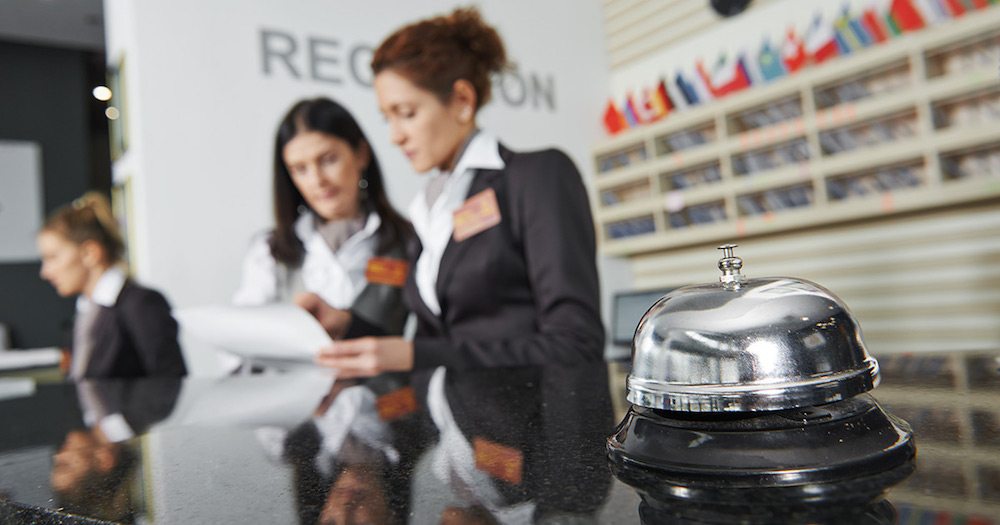In previous articles, we’ve shared tips on how to pack for a business trip, and how to stay comfortable during a long-haul flight. The next article in our four-part business travel series covers how to make the most of your time on a trip.
Master the time zone
Not sleeping enough because of you can’t adjust to a different time zone is the worst way to start a business trip. All your plans to impress investors or delight a client are in peril if you’re still reeling from a lack of sleep.
To avoid jet lag, look up your destination’s time zone days before your flight. That way, you can gradually adjust your clock settings and sleep schedule. If going to bed early is not workable several days before your departure, leave at least a day or two early. That will give you time to adjust once you arrive at your destination.

Airline, accommodation, and rental services
If possible, use the same airline, hotel, and car rental companies for all your business trips. Use their credit card partners to take advantage of promos. Sign up for loyalty programs and use your business trips to accumulate points.
Business trips are usually hectic. Exploring the local attractions might be difficult to squeeze into your itinerary. One way to spend even just a fraction of your time for pleasure is to look up tourist information beforehand. Search for the nearest restaurants, museums, libraries, parks, and other destinations. You’ll be glad to have things to do that are a short walk away from where you’ll be staying.
If you have the option to choose your own hotel, find a place that’s close to your business venue and near other interesting destinations. Do some research online to find the best location. If you’re tired of hotels, serviced apartments or rooms for rent are cost-effective options.
To save on food expenses (those restaurant bills can do a number on your per diem) look for a space with a kitchen. If you think you’ll have time between meetings to cook your own meals, this will help you stay healthy on the road. Short-term apartment rentals, available via services like Airbnb, can be a great option. And they’re often cheaper than your average hotel.
Phone charges
Turn off your mobile data if you’re going overseas. International roaming fees can add up quick. You don’t want to get slapped with a headache-inducing bill when you get home. Unless your company is generous enough to cover cell phone expenses, this is usually on you.
With both cellular data and data roaming off, this means you can only connect to the internet via Wi-Fi. Wherever there’s available Wi-Fi, use that instead. You’ll still be able to communicate with people back home using Skype, Viber, Slack, or email. But you won’t rack up an expensive phone bill. Always be aware of security best practices, though, when using public hotspots.
As an alternative, buy a SIM card from your destination country. Or get an unlocked portable Wi-Fi hotspot or dongle.
If you do need to use your data plan, never forget to turn it off afterward to avoid unnecessary charges. Your phone may be set to automatically update, or sync certain apps or emails. Before you leave, you may want to disable any apps from automatically updating.
Contact friends and relatives
Look up friends or relatives who live close by. Arrange a quick meeting or invite them over for dinner if your rented space has a kitchen. Personal get-togethers help to bring a little downtime to a brisk schedule.
If no friends or relatives are available, set up a meeting with colleagues, clients, or leads. Mix your meal time with a little networking. You can also touch base and catch up with old leads or previous clients. You never know–a good meal might lead to a new collaboration.

Keep up with your exercise regimen
Business trips can sometimes keep you away from your fitness routine. To keep on track, find out if your gym has any nearby branches at your destination. If you’re into open city jogging, look up nearby jogging areas. Don’t be afraid to rely on the expertise of your hotel concierge.
Bring along a pair of neutral training shoes that won’t look out of place with a smart casual outfit.
Remember the Small Details
File your expenses regularly. At least weekly, if possible, so you don’t lose track and overspend, or get overwhelmed at the end of your trip.
If you think you may get bored, find nearby events that might interest you. Meetup.com usually has several options categorized according to location.
If you prefer to go it alone on your trip, get a ton of podcasts ready to keep you from getting bored. Check the iTunes library for walking tours apps. You’ll get to listen to your own “personal tour guide” while exploring your destination.
Business travel can both be enriching and grueling. With appropriate planning, odds are you’ll enjoy the experience more than dread it. When it comes to business travel, an old phrase comes to mind: “If you fail to plan, you plan to fail.” Good luck, and make the most of it.







